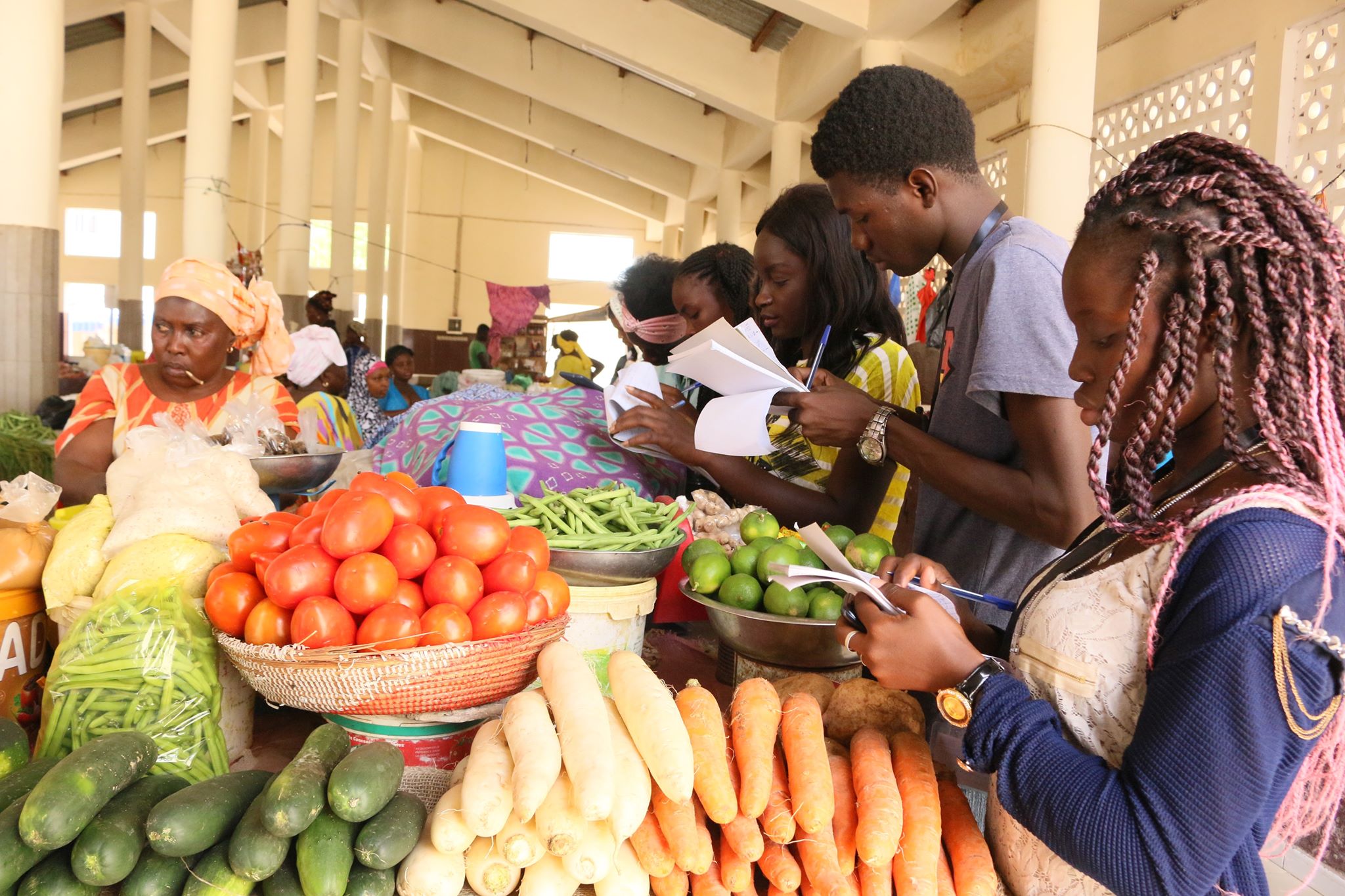
SERIES OF PUBLICATIONS RELATING TO LOSS AND DAMAGE
The effects of climate change can be divided into two categories depending on the time scale over which they occur and the speed at which their impacts are manifested. A distinction is made between rapid onset events, such as cyclones and heatwaves, generally referred to as "extreme weather events" in the climate context. Then there are slow-onset events, such as sea level rise, acidification and desertification, which unfold slowly and gradually over years, decades or centuries.
These two phenomena have a considerable impact on the lives of populations, cause loss and damage, hinder the enjoyment of human rights and promote human mobility. Priority should therefore be given to preventing or reducing these potential losses and damages. This can be done through effective mitigation, adaptation and risk reduction measures. However, it is no longer possible to prevent or minimize all losses and all
damage, because climate change is already causing unavoidable losses, and it will do so more and more. Taking this aspect into account, it seems essential to tackle the inevitable residual losses and damage, particularly in countries particularly vulnerable to the effects of climate change. Unlike extreme weather events, losses and damages caused by slow-onset events are still neglected in the context of climate change, both nationally and internationally. Several shortcomings and challenges in the management of these events and their consequences can explain this situation. These include a lack of common understanding of terminology relating to slow-onset events, as well as a lack of data and knowledge about such loss and damage (particularly at the local level). There is also a lack of clarity on how countries are currently dealing with these losses, and a lack of clarity on the appropriate measures to deal with these losses and damages. The Special Report on the Ocean and Cryosphere in a Changing Climate from the United Nations Intergovernmental Panel on Climate Change (IPCC) states that "further work is needed to explore the range of “activities available to stem loss and damage from slow-onset events within the framework of the SROCC report (...)” (IPCC 2019a, 630).
